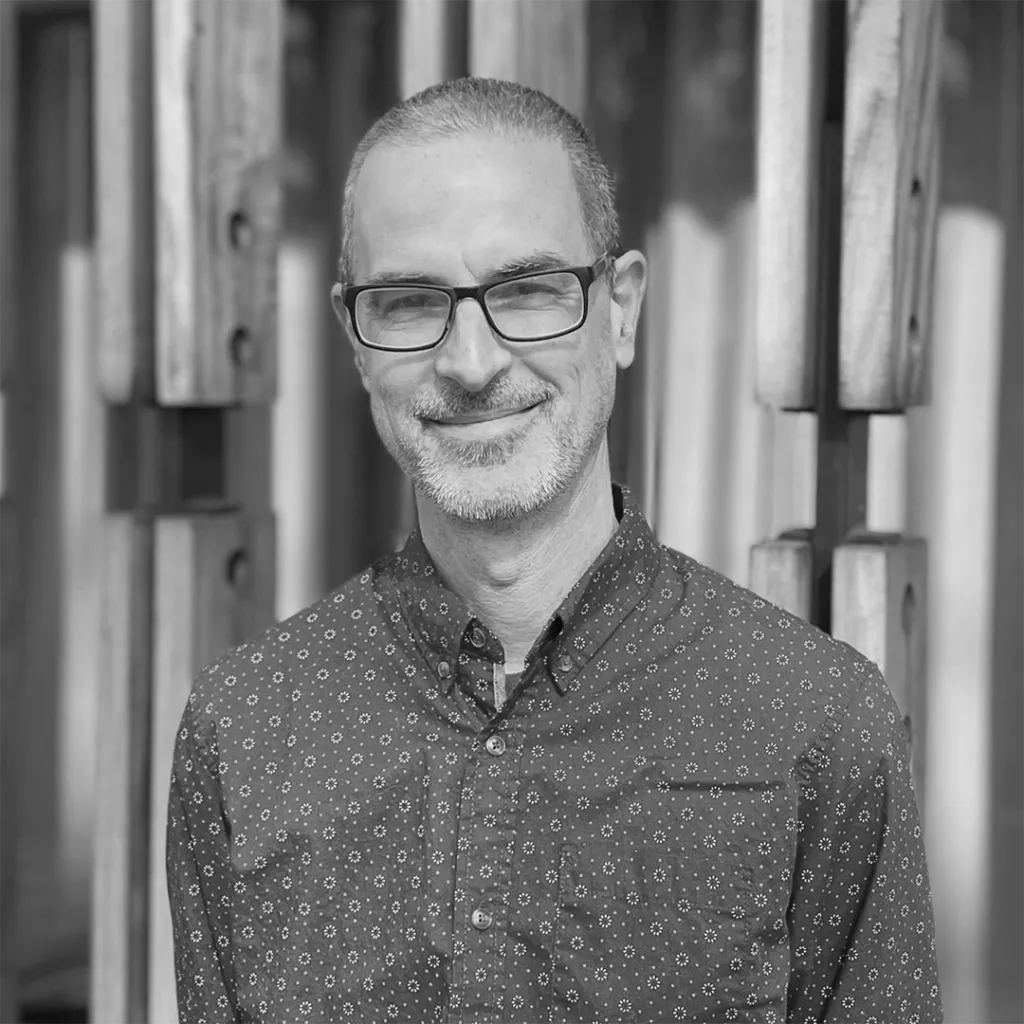Gratitude: A Powerful Bonding Agent


“I want to learn how to be the best receiver that I can ever be. Because I think graceful receiving is one of the most wonderful gifts we can give anybody.” –Mr. Rogers
Gratitude Is Survival: Reflections On Vet Tech Week
There are times in our personal and professional lives when we’re forced to let go of attitudes and opinions that, while perhaps accurate, are unhealthy. The most painful losses I’ve experienced in and outside of veterinary medicine (patients, my own animals, colleagues) happened to occur around or during Veterinary Technician Week and as the years went by, the further my view dimmed of gestures like tech week in general. We don’t need to be celebrated, I lamented. We need to be respected and compensated properly. While Vet Tech Week sometimes contrasts painfully with the ongoing suffering in our profession, assuming the best of intentions behind any gesture of gratitude always feels better. This healthier attitude is described perfectly in Mr. Rogers’ quotation above. I had to learn to gracefully receive all forms of gratitude, in hopes that the givers could feel their goodwill reflected, like equal participants in an embrace.
So, I’m grateful for Vet Tech Week. As I’ve written previously, one of the ways to strengthen our coworker bonds is to accept help when it’s offered. Avoiding such vulnerability leads to self-isolation, to being cut off from the social bonds that save us from mental and emotional suffering. I also think the person offering help is likewise helped by the grateful acceptance of the gesture, which reinforces gratitude as a cultural feature. Our well-being depends on accepting gratitude as much as on giving it.
Gratitude is Currency: Getting Paid and Feeling Paid
This phrase is lifted from Fear Free founder, Dr. Marty Becker, who famously declared that for our animal patients, “food is currency.” Likewise in the film and TV industry, animal trainers refer to the use of food rewards as “paying” the animal as it performs its role in the production. This is one of the healthiest uses of anthropomorphism that I can think of. Imagine feeling like you got paid for going to the dentist, getting your yearly checkups, doing the hard but beneficial things that improve your ability to live. With what glowing terms would we speak of the notoriously fractious cat who allows all manner of examination and sample-taking in our hospitals, simply because it feels like it’s getting paid (through the use of lavish and well-timed food enticements, for example)? It would be quite natural to envy the cat.
Recent research (see further reading) has raised important questions about a person’s subjective experience of their quality of life, especially as it is affected by our economic status. How our lives look does not necessarily matter. Feeling financially secure is not the same thing as being wealthy. Those who declare that we’re not paid enough are as correct as those who insist it’s not about the money. So it is, perhaps, with gratitude. We struggle to define it in professional or material terms, but we know it when we feel it. We feel what we call our sense of worth, the sense of “mattering.” Gratitude is therefore in the same family of social interaction as money: something we pay each other which, along with money, allows us to live.
Gratitude is Noticing When We’re Happy
Kurt Vonnegut, Jr. (one of my favorite authors) used to close every one of his lectures (or so he claimed) with an homage to his uncle Alex. Uncle Alex was chronically disappointed in his fellow humans because “they so seldom noticed when they were happy.” And so, he took up the habit of interrupting some pleasant event among agreeable people and declaring, “If this isn’t nice, I don’t know what is!”
What if we forced ourselves to declare, out loud – in the middle of the treatment floor – when the fluid pumps are behaving or the post-op patients are sleeping comfortably, “If this isn’t nice, I don’t know what is”? What if we proclaimed that same sentiment when the team hustles its ass off to stabilize an emergent case and experiences that unique state of flow born of the deep trust between the members working to solve the same challenge? Consider what might happen if we spontaneously paused staff or board meetings, when we catch ourselves feeling a sense of belonging and partnership even during messy policy debates and ambiguous strategic discussions, and voiced Uncle Alex’s observation?
Such a simple practice costs nothing and is ultimately intended to tune our collective awareness to the abundance of opportunities to share gratitude. And it is the gift we exchange that keeps us together as individuals, coworkers, and fellow humans.
Things to Try:
